Project Funding Breathes New Life into Monitoring Greenland's Seafloor
23.11.2023The Greenland Climate Research Centre and the Greenland Institute of Natural Resources have received funding of DKK 17.2 million for ..
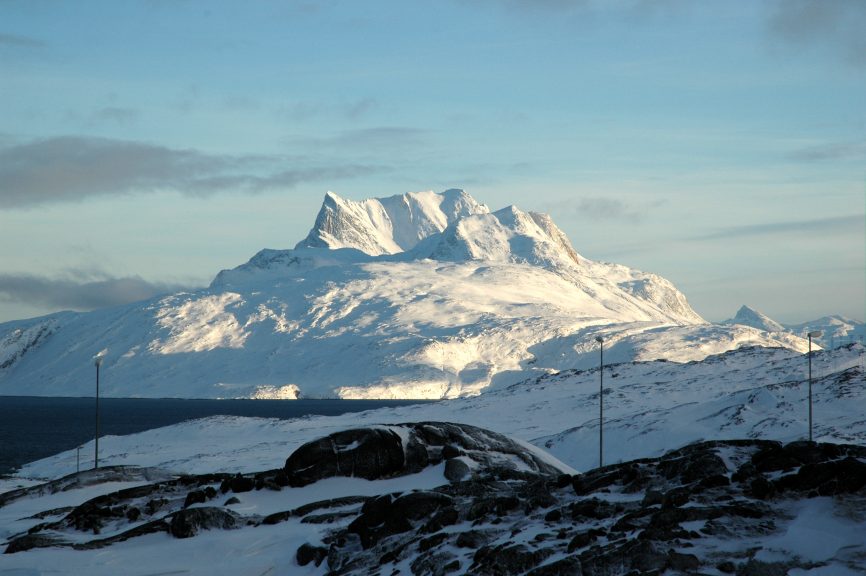
To apply for courses in the Arctic Science Study Programme (ASSP), please complete the “Student Information” form below. After submitting the completed form you will receive an e-mail with details on how to proceed with register for the courses and other practical information.
The ASSP offers graduate (masters) and PhD level courses. The courses in spring form one full semester (30 ECTS). Applicants applying for a full semester are given priority, however, it is possible to apply for single courses. You can find more information about the courses under Arctic Science Study Programme (ASSP).
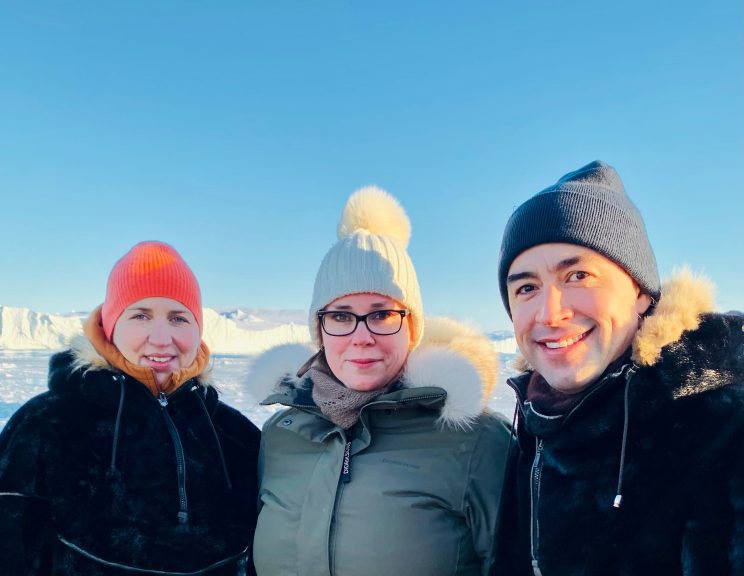
Mie S. Winding, head of department at the Greenland Climate Research Centre, was invited to Ilulissat to speak to Danish Prime Minister Mette Frederiksen about climate change in Greenland.
Together with the Chairman of Naalakkersuisut, Múte Borup Egede, Mie S. Winding had the opportunity to speak about climate change and global warming in the Arctic, and about how Greenlandic ecosystems and society are being affected.
“Surrounded by seals, sea ice and breath-taking icebergs, we discussed how climate change is affecting Greenland and the Arctic, and how we can tackle it together,” said Mie S. Winding.
Other important topics were anchoring knowledge in Greenland and investing in long-term monitoring programmes and research projects.
“If the Danish Realm wants to participate in the climate debate and be better prepared to understand the present and manage the future, we have to invest in research, monitoring and research infrastructure,” says Mie S. Winding.
Greenland is important to the global climate system, primarily because of the vast ice sheet covering 80% of the country. Millions of cubic metres of frozen freshwater are locked in the ice sheet, and in fact, Greenland holds 10% of the world’s freshwater resources. As temperatures increase, the Greenland ice sheet will melt, and if it melts completely, water levels in the worlds’ oceans will rise by 7.3 metres.

Mie S. Winding giving a talk about climate change.
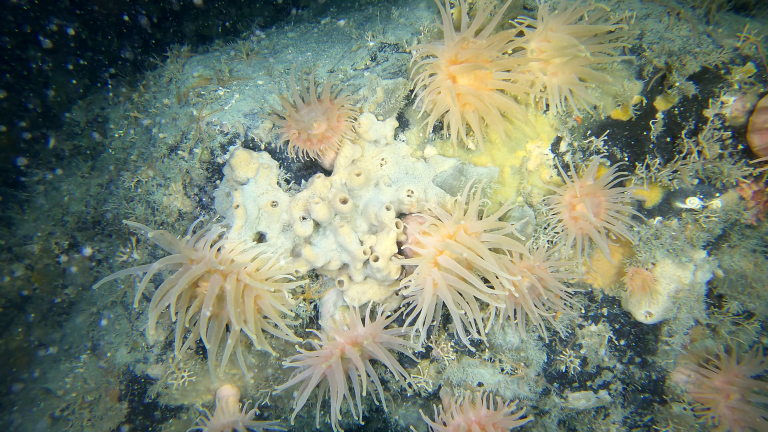
The Greenland Climate Research Centre and the Greenland Institute of Natural Resources have received funding of DKK 17.2 million for ..
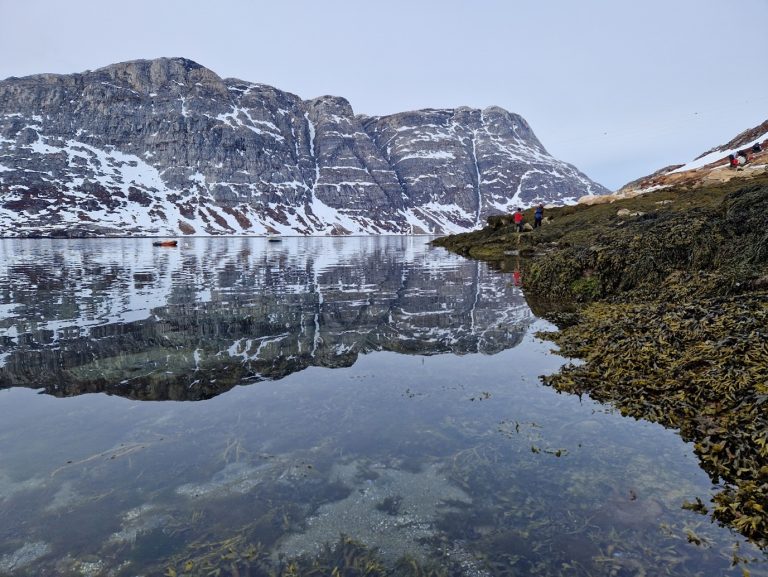
Macroalgae or seaweed are dominating rocky coastlines globally. Even here in Greenland, we can see small kelp such as the ..
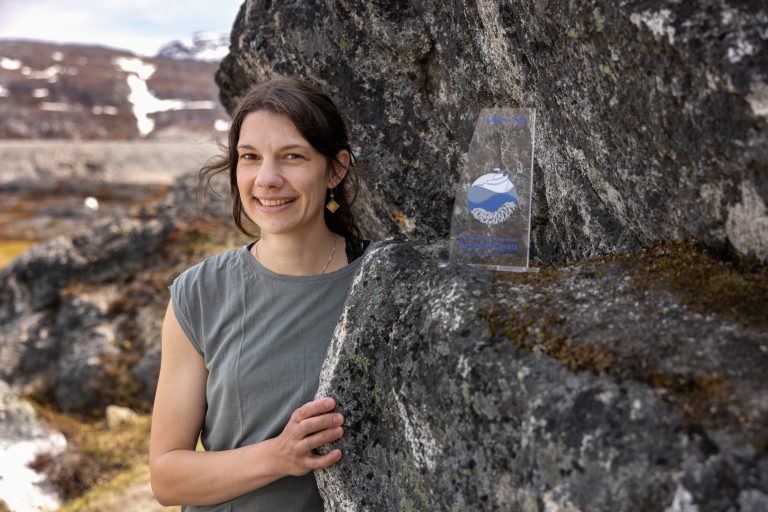
The dark, cold deep sea harbors many unseen treasures, one of which is corals that most people only associate with ..